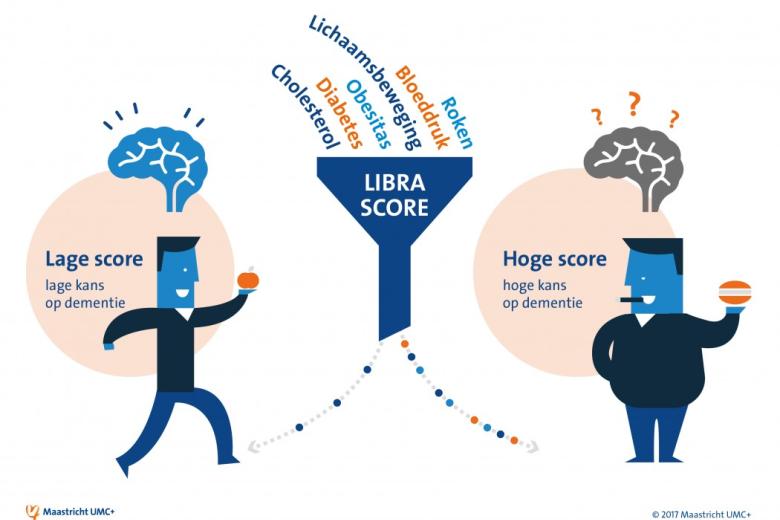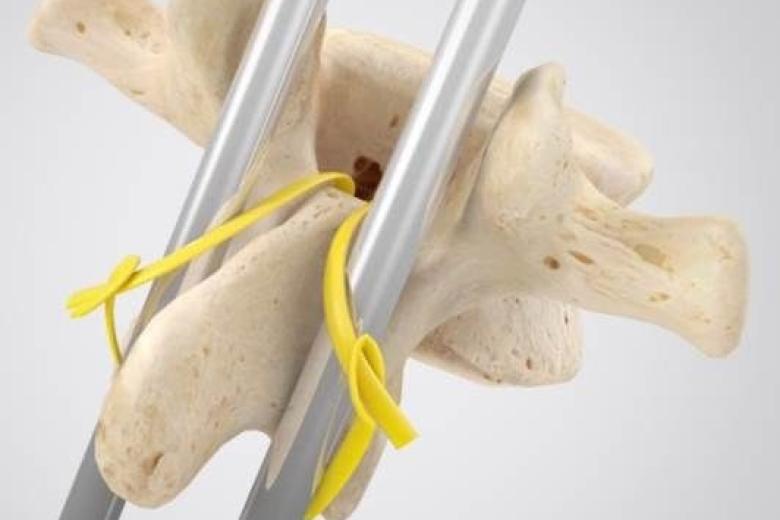Hypertension: the silent killer
Many patients can have long-term high blood pressure without realising it, which can cause irreparable damage to blood vessels and organs. That's what makes early detection and targeted and effective treatment so important. In his inaugural lecture in acceptance of the chair in Vascular Damage in Hypertension, professor and vascular medicine specialist Bram Kroon of Maastricht University Medical Centre+ refers to the many aspects of diagnosing, treating, and evaluating high blood pressure.
Blood pressure is the pressure of blood against the walls of blood vessels and arteries. When that pressure is too high, it is referred to as hypertension. And when hypertension persists for long periods of time, it can damage vascular walls, which can in turn reduce blood flow to organs and ultimately lead to organ failure.
Silent killer
Many people with high blood pressure experience no symptoms at all; however, left untreated, hypertension can cause significant damage in the long term – particularly to the brain, kidneys, and heart. Kroon refers to hypertension as a 'silent killer', as damage only becomes apparent in the long term, making treatment even more complex. After all, why would you take daily medication if you have no symptoms? Research on promoting therapy compliance is therefore an important part of the chair position.
Research and applications
The research fields associated with the chair position focus on the underlying mechanisms of vascular damage and the development of new treatment methods, such as inhibiting activity of the autonomic nervous system using electrical stimulation or stents in the carotid artery. Methods are also being developed to support patients in complying with the prescribed therapy. Maastricht has seen good results treating hypertension as part of a new initiative known as anderhalvelijnszorg, which is a step between primary care and secondary care. As part of this care pathway, patients can request a one-time consultation with a medical specialist in a setting somewhere between a general practitioner’s office and a hospital. General practitioners and primary care assistants can use the advice of the specialist to continue to monitor and treat hypertension. This form of collaboration has an important added benefit. 'It improves communication between medical specialists and GPs and gives patients an accessible and intensive treatment plan that can help improve treatment outcomes,' explains Kroon.
Blood pressure measurement
One-time blood pressure measurements at the GPs office is not useful, as it gives a distorted view of reality due to the 'doctor's office effect'. The environment and circumstances under which blood pressure is measured always generate higher blood pressure results. 'I have a highly accurate blood pressure device in my office, but I rarely use it. As accurate as the device might be, it doesn't tell me much because it's a snapshot moment. It's important to carry out repeated measurements under the same circumstances, and preferably with the same device. The goal is to track blood pressure over time to be able to compare the different results. There are so many devices and e-health applications out there that can accurately measure blood pressure patterns. That's a tremendous asset for diagnosing and evaluating the treatment plan,' says Kroon.
Prof A.A. (Bram) Kroon was appointed as endowed professor of Vascular Medicine and Vascular Damage in Hypertension at Maastricht University. He will accept this new position in his inaugural address titled, 'Medication alone is not enough', which he will deliver on 13 January 2017.
Also read
-
Capillary damage can lead to depression
The Maastricht Study specialises in conducting microcirculation measurements
-
Individual risk profile could help prevent dementia
Prevention of dementia potentially stimulated by drawing up personal risk profile (MUMC+ news).
-
New plastic fixation cable for scoliosis surgery
Less invasive operation, maximum vertebral growth, and no stray metal particles (MUMC+ news).